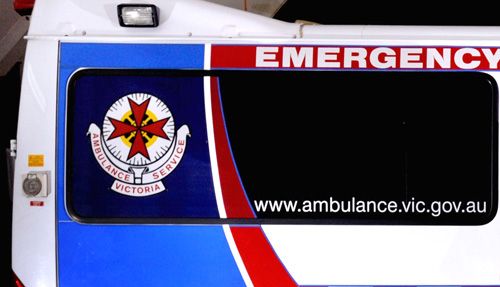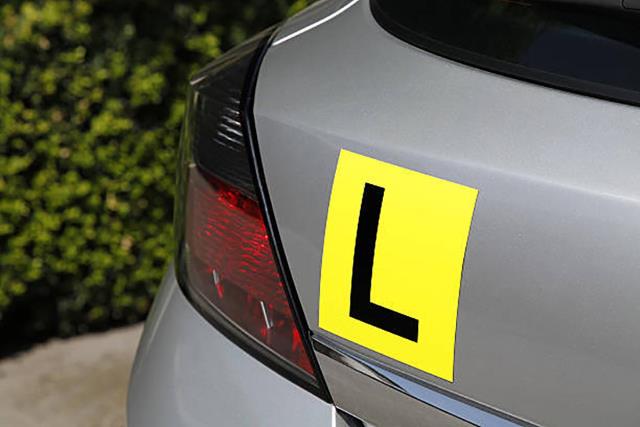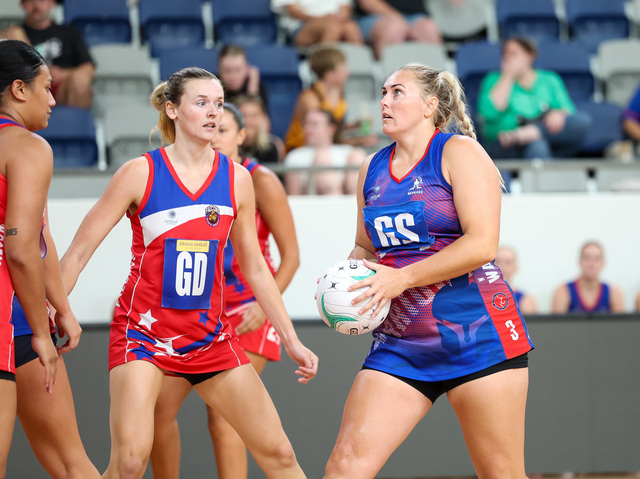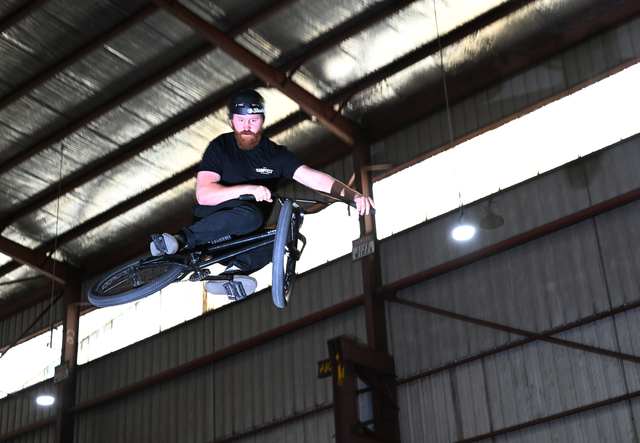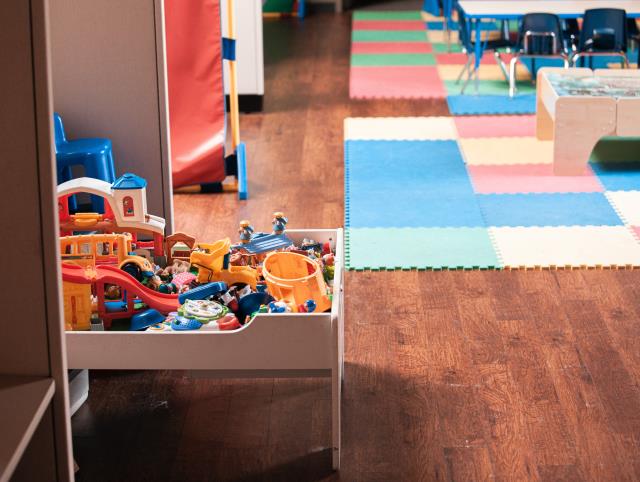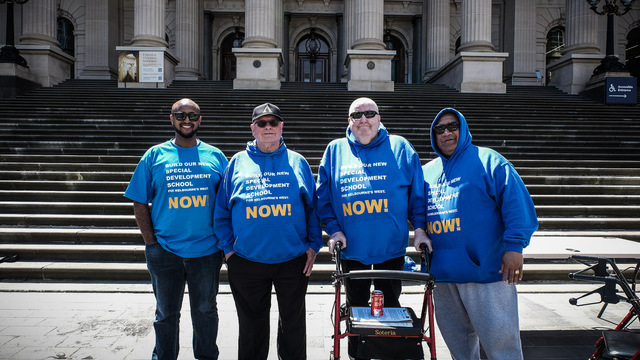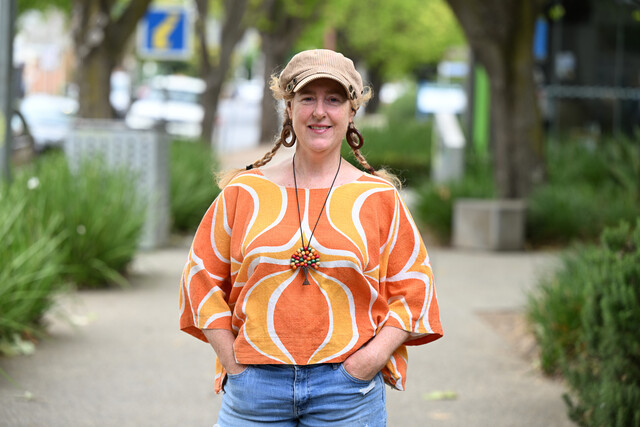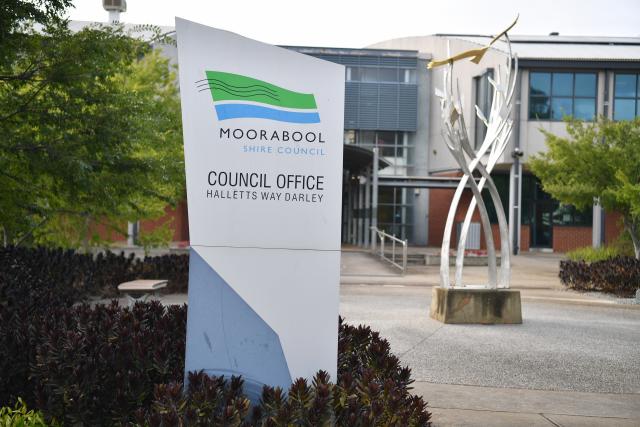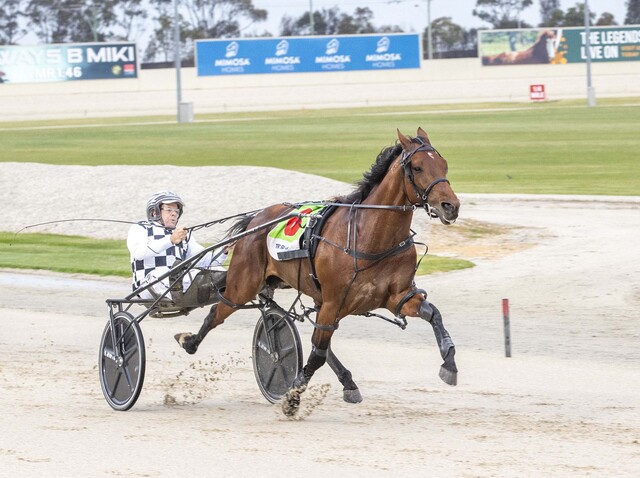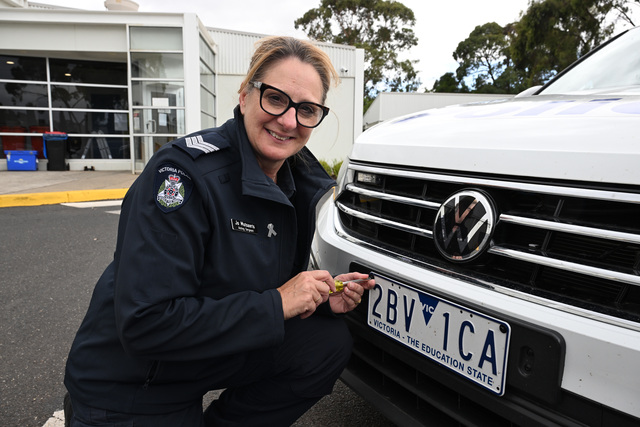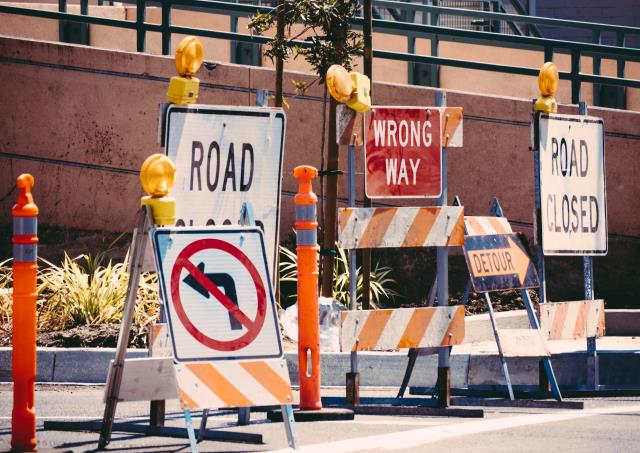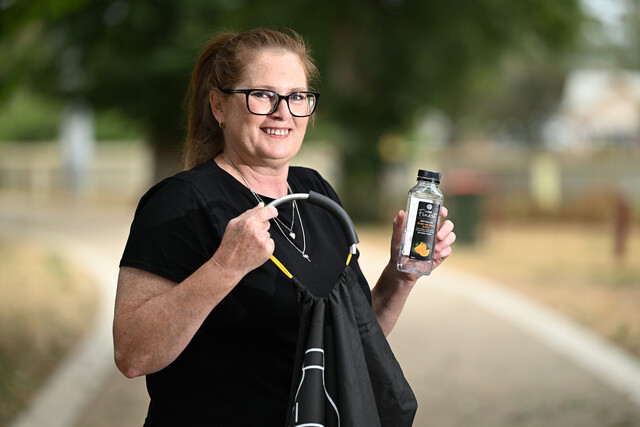A BACCHUS Marsh paramedic fears the town is heading for another tragedy if the ambulance system continues to be used as a ‘‘taxi service’’.
‘‘A second ambulance was placed in Bacchus Marsh after [a boy] died in 2003 due to lack of resources,’’ the paramedic, who wished to remain anonymous, said. ‘‘No one wants to see a tragedy like this happen again, but it’s a very real possibility.’’
The paramedic said there had been no local service available for three recent cardiac arrests in Bacchus Marsh and Melton because crews were attending ‘‘non-urgent’’ jobs.
‘‘We got sent to Hoppers Crossing from Bacchus Marsh branch at about 2.30am for a code 3 on Christmas night,’’ he said.
‘‘I queried this with our resource manager as there were no other vehicles in the area, but he told us to continue and there was an [cardiac] arrest in Bacchus a few hours later. There was a double fatality in Balliang just outside Bacchus Marsh. There was no ambulance in town that afternoon as the crew had been instructed to go and sit at Altona branch to cover that area.”
The paramedic said ambulances were often called to transport non-urgent or unnecessary cases from GP clinics and Bacchus Marsh hospital, taking them out of town for two to three hours.
‘‘We have a ridiculous triage system which generates these dispatches and assumes everyone calling is having an emergency unless they can prove otherwise,’’ he said. ‘‘The resources are stretched to the absolute limit yet they still send us to people with sunburn or stubbed toes. I’ve been sent to a lady at 4am who couldn’t sleep and a girl who was upset because she couldn’t find her dog.’’
Ambulance Victoria group manager Graeme Parker said the service sought to provide the most appropriate support.
“The deployment of our paramedics is a dynamic process with the most appropriate ambulance despatched from the nearest location to triple-0 calls,” he said. “The system, which operates in 3000 ambulance call centres across the world, is designed to elicit information from triple-0 callers to maximise outcomes for patients. The sickest patients always take priority as evidenced in our cardiac arrest survival figures, which are among the world’s best.
“In the instance where limited ambulance resources are available our resource managers will move resources, relocate services and even increase the number of response resources where possible to make sure there are ambulances available for emergency cases.’’
—

